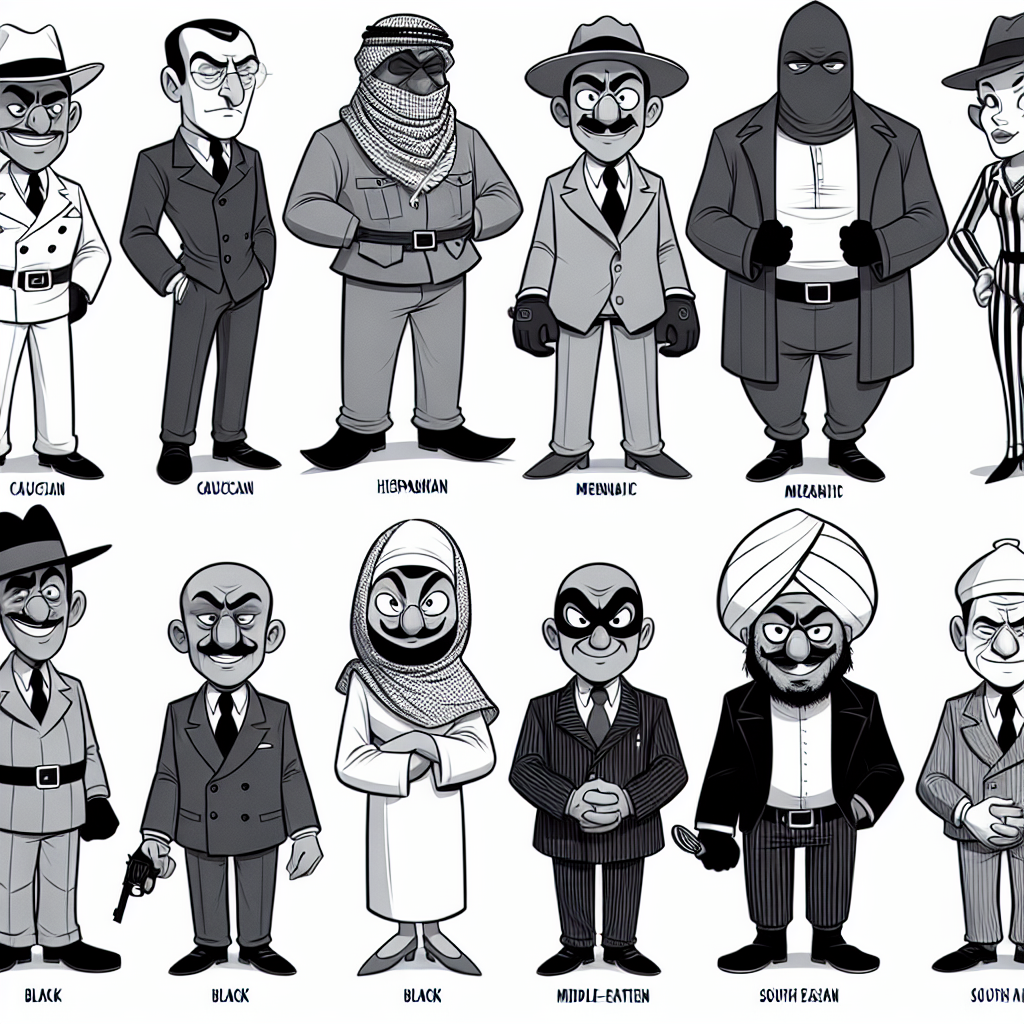Cocaine Trafficking: Western Balkans Groups Expand Influence in West Africa
Western Balkans criminal groups, key players in Europe's cocaine trade, are expanding into West Africa, a growing junction on the smuggling route. The GI-TOC report highlights the collaboration with Brazilian and Dutch networks, emphasizing the need for enhanced cross-continental law enforcement cooperation to combat sophisticated drug trafficking operations.

The criminal groups from the Western Balkans, who are prominent figures in Europe's cocaine trafficking, are establishing a stronger presence in West Africa. This shift signals the increasing importance of the region on the smuggling path from Latin America to the European Union, according to a recent report.
The demand for cocaine in Europe is rising. Coupled with tightened policing on direct routes from Latin America and the significant development of maritime ports in West Africa, smugglers are increasingly using countries like Senegal, Sierra Leone, Gambia, Guinea-Bissau, and Cape Verde. However, the role of Albanian- and Slavic-speaking networks has been under-examined until now.
The Global Initiative against Transnational Organized Crime (GI-TOC) reported that these groups now hold significant global influence. They have formed alliances with Dutch criminal entities and Brazil's Primeiro Comando da Capital, enhancing their supply chain strength. Sasa Djordevic, co-author and senior analyst at GI-TOC, regards this alliance as pivotal for moving cocaine into Europe. The report, partially funded by the UK government, stresses the necessity for improved law enforcement collaboration and data-driven strategies targeting trade brokers.
(With inputs from agencies.)
ALSO READ
Alex Noren: Europe's Surprise Vice Captain for Ryder Cup
Rising Yields: France's Fiscal Challenges and European Bond Market Turbulence
Surge in European Bond Yields Amidst Political Tensions
Russia Expands Gas Exports to China Amid European Market Losses
Nestlé's CEO Ousting Sends European Shares Sliding










